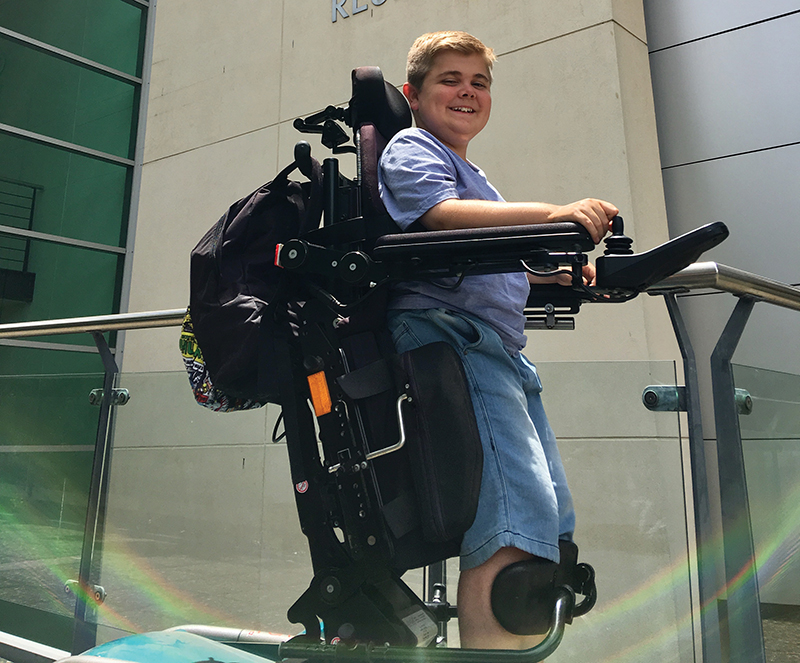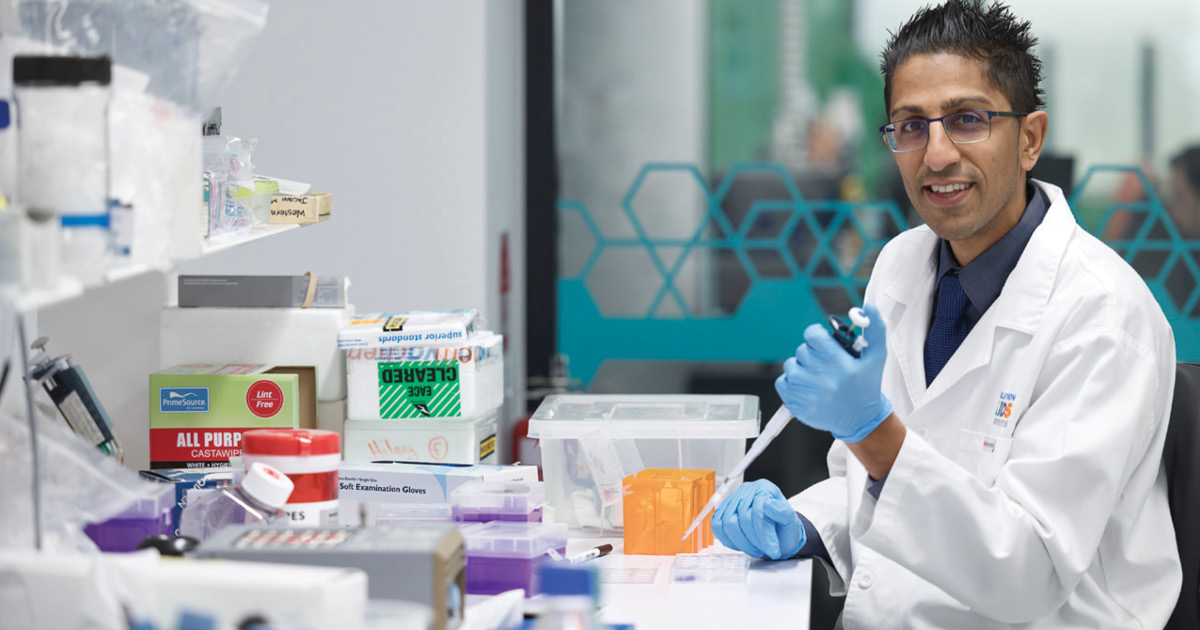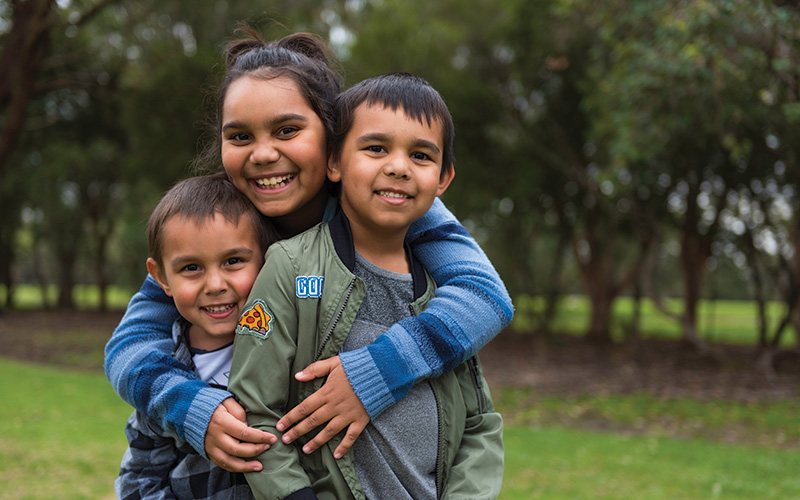Search

Klair Bayley knew her son Logan would eventually need a wheelchair.

The NATSISPEP will formally evaluate a range of existing Indigenous suicide prevention programs and services to develop an evidence base for 'what works'.

A pilot clinical study has found an immunotherapy drug can dramatically increase survival rates for babies with a rare form of leukaemia, paving the way for a major international clinical trial.

The Institute's Standards for the Conduct of Aboriginal Health Research outline our ways of working with Aboriginal communities and peoples.
The social and emotional wellbeing of Aboriginal children and young people
Research
High dose, subcutaneous injections of benzathine penicillin G (SCIP) to prevent rheumatic fever: A single arm, phase IIa trial of safety and pharmacokineticsThis Phase-IIa trial evaluates the safety and pharmacokinetics of high-dose, 10 weekly subcutaneous injections of penicillin (SCIP) in young people with a history of acute rheumatic fever (ARF).
Research
Longitudinal observational research study: establishing the Australasian Congenital Cytomegalovirus Register (ACMVR)Congenital cytomegalovirus (cCMV) is an important cause of long-term childhood disability. In Australia, the identification and treatment practices and the long-term clinical and neurodevelopmental outcomes of children with cCMV are unknown.
Research
Thoracic Society of Australia and New Zealand (TSANZ) Guidance for the Management of Electronic Cigarette Use (Vaping) in Adolescents and AdultsElectronic cigarette use, especially among younger members of society, has grown to concerning levels in many countries, including Australia and New Zealand. Uptake in the general population, driven by technological and pharmacological innovations, and accelerated by aggressive tobacco/vaping industry marketing, has outpaced medical research.
Research
Immune Development in Early Life (IDEaL) longitudinal cohort study protocol: Identifying biomarkers of vaccine responsiveness, respiratory infection, and asthmaEarly-life immune development is a critical factor in predicting the risk of childhood respiratory infections, asthma, and poor vaccine responses. Identifying immune endotypes that predispose children to these conditions could lead to the development of predictive biomarkers and early interventions, potentially improving long-term health outcomes.
Research
The Lancet Child & Adolescent Health Commission on the future of neonatologyJane Pillow BMedSci (Dist) MBBS, PhD (Dist) FRACP Head, Developmental Chronobiology jane.pillow@thekids.org.au Head, Developmental Chronobiology
